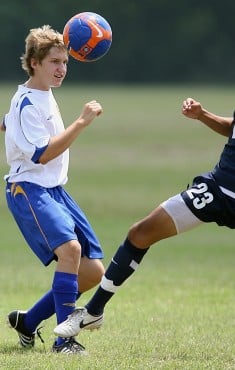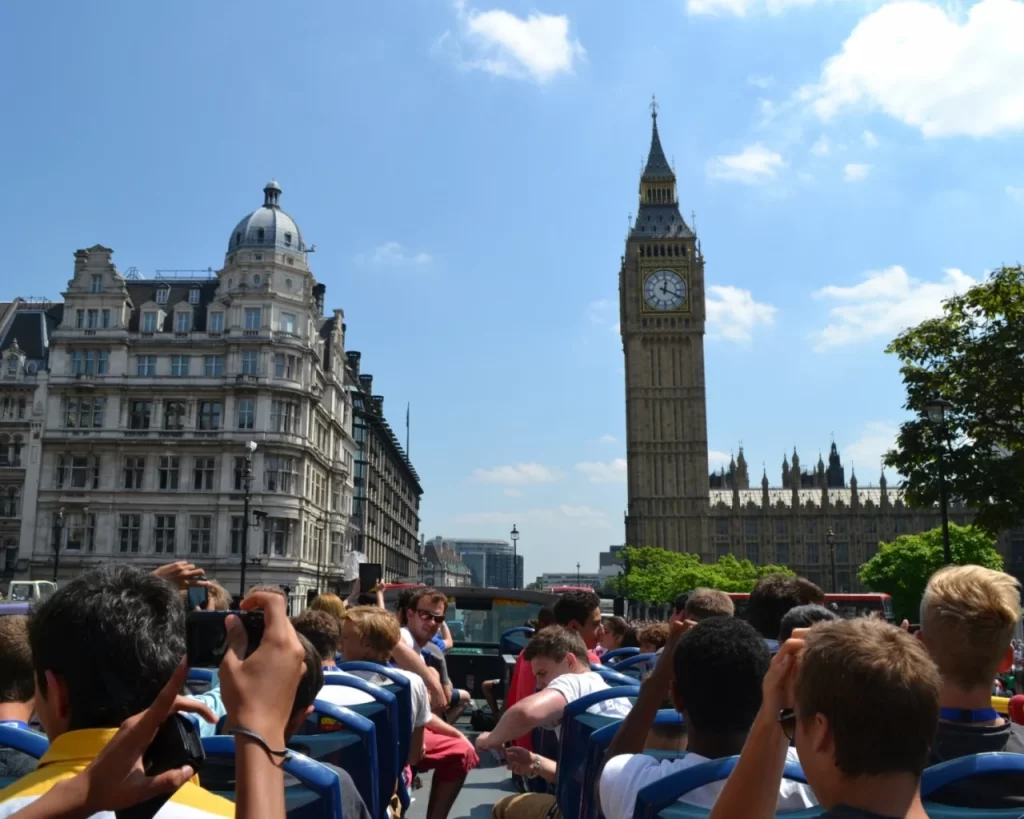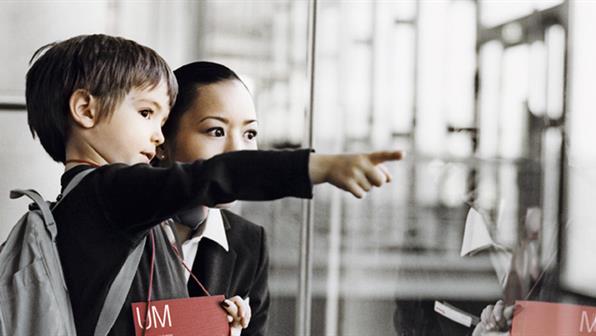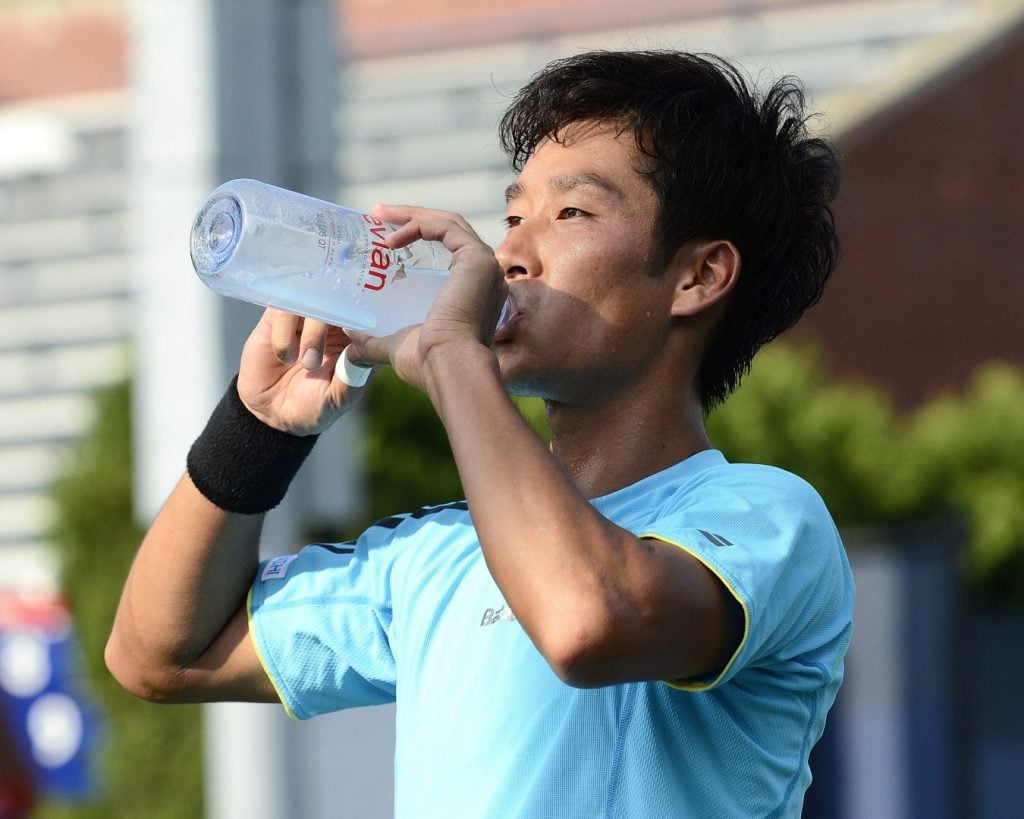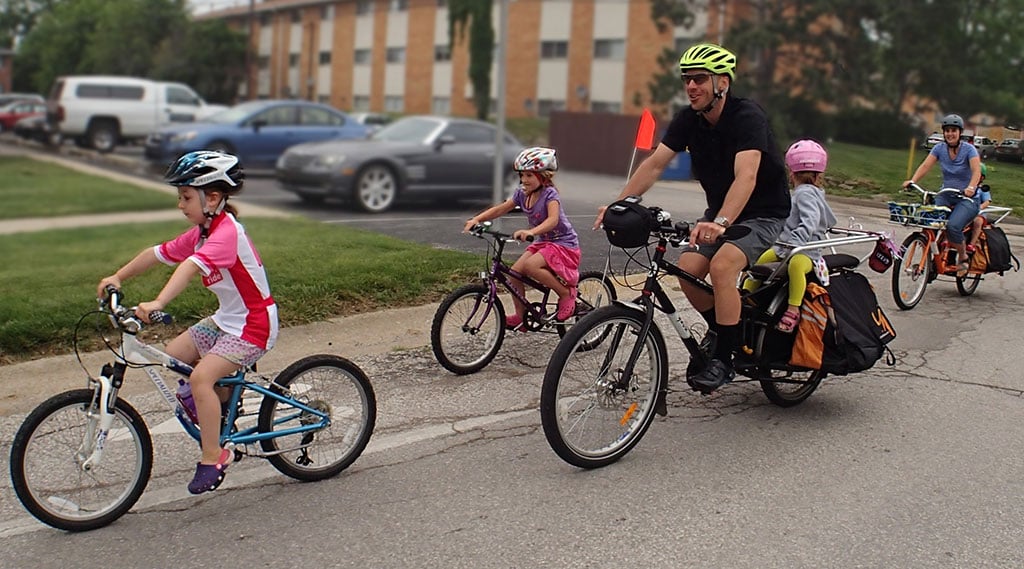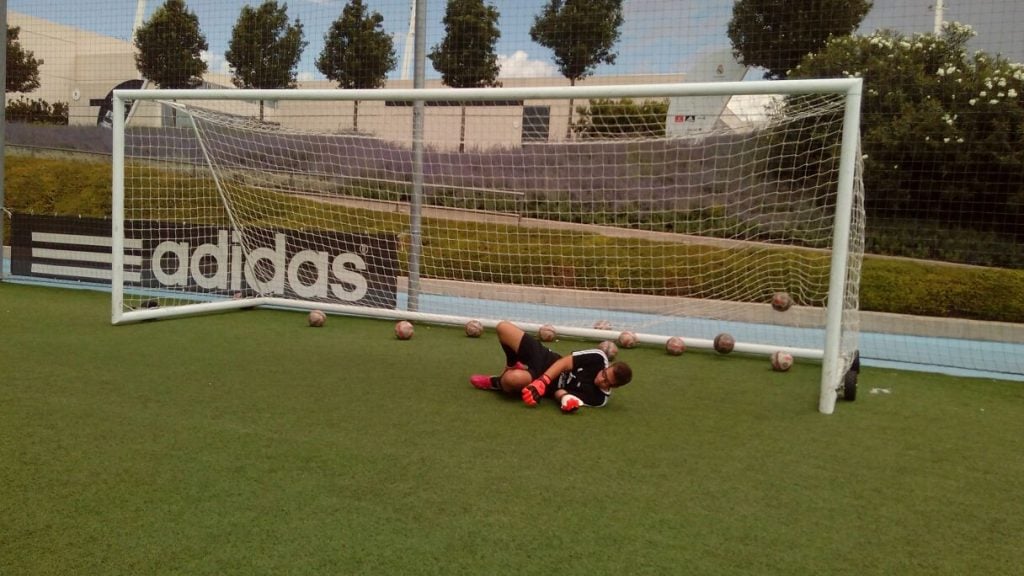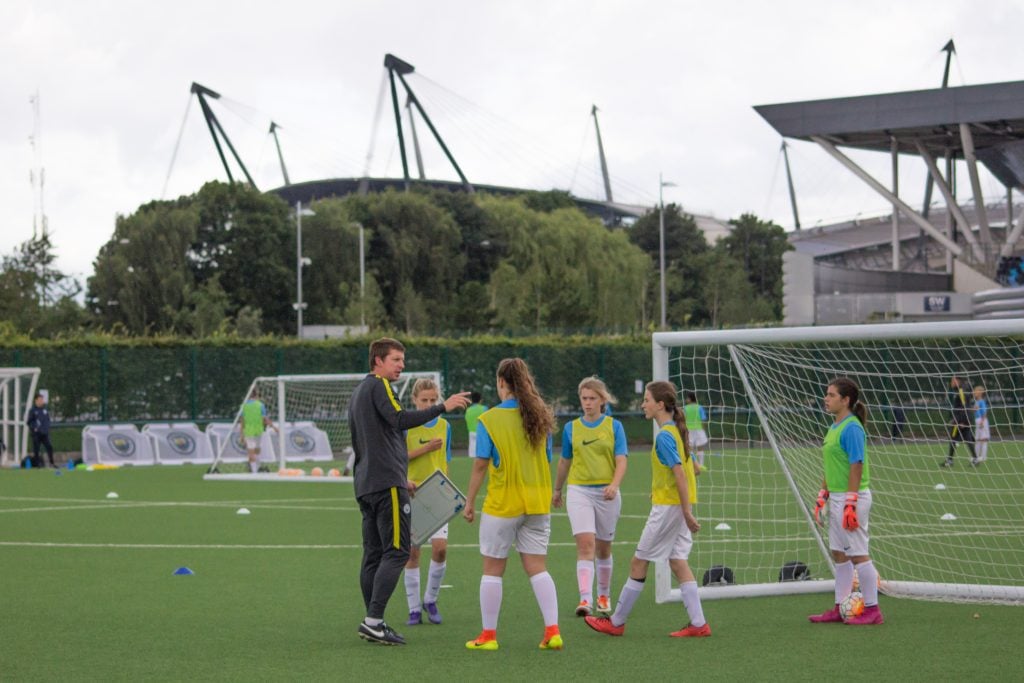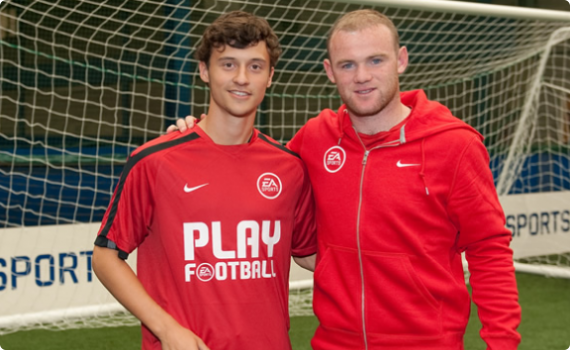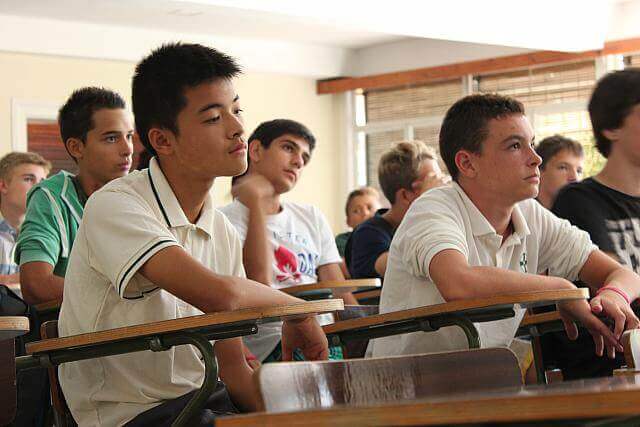Table of Contents
Many children dream of going far in sports, but talent is not enough. For them to advance, they need discipline, motivation and the right support.
If your child wants to know how to become a professional athlete, his or her path will be full of challenges, training and sacrifices, but also of great learning and satisfaction. As a parent, you can make a difference by helping them grow in their sport without pressuring them or making them lose their enthusiasm.
In this guide, we tell you what it takes for a young person to reach high performance and how to accompany him or her in each step without the process becoming a burden.
what does it take to become a professional athlete?
There is no single recipe for reaching the top in sports, but there are some factors that make a difference. As a parent, your role is key to helping your child develop the necessary skills and mindset.
Consistency is one of them. A child may have innate talent, but without discipline and effort, it will be difficult for him or her to go far. This is where routine comes into play: if sport is a natural part of their day-to-day life, it will be easier for them to stay motivated over time.
Another fundamental aspect is to have the right training. It’s not just about practicing, but doing it the right way. Making sure your child receives guidance from trained coaches and that their preparation is adapted to their age and level will make all the difference in their progress.
And, last but not least, there is the emotional side. Pressure, defeats and competition can be difficult to manage, especially in children and adolescents. Teaching them to handle frustration and to see every challenge as an opportunity for improvement will help strengthen their mindset.
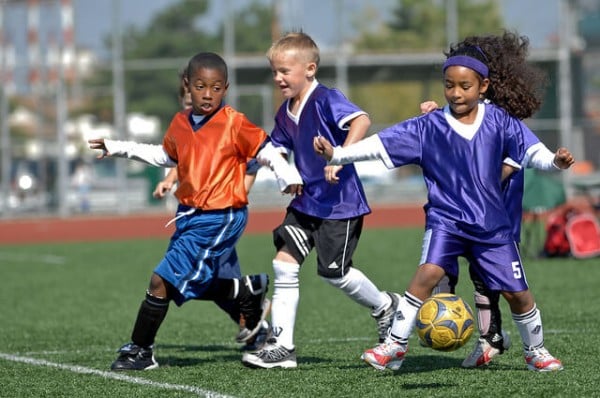
Important: Your child not only needs to train his body, but also his attitude. A good athlete knows that success does not come overnight, but with effort and patience.
how to introduce children to sports without excessive pressure?
A child’s first contact with sport should be a positive experience. Many young people abandon their sporting aspirations because they feel it is more of an obligation than a passion.
It has been proven that the positive impact of sport on children goes beyond physical activity. Not only does it improve their health, but it also strengthens their self-esteem, ability to work as part of a team and handle frustration.
However, for sport to have these benefits, it is key that they enjoy it and do not see it as an imposition.
In Norway, a country renowned for its success in sport, children do not officially compete until the age of 13. Why? Because they prefer that in the early stages they focus on playing, experimenting and having fun rather than obsessing about results.
Ideally, your child should try different sports before specializing in one. Forcing them to choose too early can lead to disinterest or burnout. If at age eight he wants to do swimming, soccer and tennis at the same time, let him do it. In time, he will decide for himself what he is most passionate about.
It is also important to avoid comparisons. Each child has his own pace of learning and development. What is easy for some may take longer for others. The best thing you can do is encourage him and celebrate his progress without pressuring him to be the best.
Important: Sport should be a source of joy and motivation, not stress. The more he enjoys it, the more he will want to keep moving forward.
The role of parents in the mentality of sacrifice and effort
As a child progresses in his or her sport, he or she begins to notice that the path is not as easy as imagined. It is no longer just about playing, but about commitment, training with discipline and making certain sacrifices to improve.
This is a crucial point where parents can make a difference. Many kids drop out of the sport when they feel the pressure is too much or that they can’t handle the demands. This is where the balance comes into play: motivate them without overloading them, help them to push themselves without losing their enthusiasm.
Kobe Bryant, one of basketball’s greatest legends, spoke of the “Mamba Mentality,” a philosophy based on constant improvement. But even with his extreme work ethic, it was the love of the game that drove him to coach more than anyone else.

So how can you help your child develop a strong mindset without making the sport a burden? Here are a few tips:
- Celebrate the effort, not just the results. Win or lose, the important thing is that he gave it his all.
- Teach him that failures are learning. A bad game or a bad competition does not define his future.
- Help him manage frustration. If one day he feels unmotivated, listen to him instead of pushing him harder.
- Encourage passion, not obligation. If he stops enjoying it, it’s time to rethink the approach.
Sacrifice is part of the sport, but it should never take away from their desire to keep going. As a parent, your support can make the difference between a child who gives up and one who keeps trying harder.
The importance of psychological preparation
The mental aspect is as important as the physical in an athlete’s life. The pressure of competition, defeats and high expectations can affect children’s confidence and, in some cases, cause them to lose motivation.
Parents can be a great support in this part of the process. Something as simple as teaching them how to manage frustration can make all the difference in their development. It is not about avoiding difficult moments, but helping them to face them with a stronger attitude.
In high performance, sports psychology has become a fundamental pillar. More and more athletes are being accompanied by a specialist to work on their concentration, their confidence and their ability to overcome obstacles. In Spain, Patricia Ramírez, a renowned sports psychologist, has worked with several LaLiga teams and stresses the importance of reinforcing mentality from an early age.
As a parent, there are several ways you can help:
- Normalize emotions. It’s natural to feel nervous before a competition or frustrated after a loss. Let him know that his feelings are valid.
- Reinforce his confidence. Remind him of his progress and all he has accomplished so far.
- Give him room to fail. Mistakes are part of learning, and should not be seen as failure.
Success in sport depends not only on physique and technique, but also on the ability to handle pressure and keep going after difficult moments.
Supporting children in the sacrifices necessary to become professionals
The path to elite sport involves sacrifices. Young people seeking to dedicate themselves professionally to a discipline must balance training with their social life, leisure time and even their education.
For many parents, this is one of the biggest challenges: How much of a sacrifice is worth it?
Here it is important to remember that every child is different. Some are willing to devote much of their time to training, while others need to find a balance. The essential thing is that the effort never becomes an unsustainable burden.
At this stage, parents can support their children by helping them organize their time and setting priorities:
- Planning the day. Create a routine where there is space for training, studying and resting.
- Flexibility. If a child is overtired or overloaded, it is important to recognize this and adjust the activity load.
- Emotional support. Sometimes a simple “I’m proud of you” can do more to motivate them than anything else.
Alejandro Valverde, one of Spain’s most accomplished cyclists, reflected on his career upon retirement, “Cycling made up for all my sacrifices.” This reminds us that effort pays off when the child truly enjoys what he or she is doing.
Not everyone makes it to success, but the road is worth it
It’s easy to get your hopes up that a child who excels at his or her sport will make it to the pros. However, the reality is that only a small percentage of young athletes make a living from their discipline. This does not mean that the path is worthless.
Beyond victories and defeats, sports teaches lessons that will stay with your child for life. They will learn to work as part of a team, to manage pressure, to push themselves and to overcome obstacles. All of these skills will come in handy, regardless of whether or not he makes it to the elite.
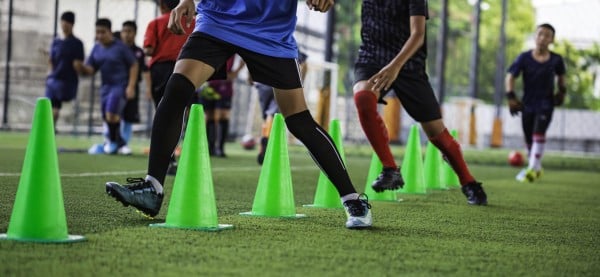
A great example of this is Annemiek van Vleuten, considered one of the best female cyclists in history, but whose professional career started late. She didn’t make her debut on the elite circuit until she was 25, nor did she dedicate herself exclusively to cycling until she was 28. Her story shows that, although success doesn’t always come quickly or as expected, the important thing is to enjoy the process.
For parents, the key is to remember that the goal is not just for their child to become a professional, but to live the sport in a way that makes them happy. If he eventually decides to take another path, everything he has learned will serve him in any aspect of his life.
High-performance academies: the best path to professionalism
As young people progress in their athletic development, it is normal to wonder what the next step is. For those who really want to take their talent to the highest level, performance academies can be a great opportunity.
Unlike traditional sports clubs or schools, these centers offer comprehensive training that combines high-performance training, education and personal development. Athletes receive personalized sessions, specialized physical trainers and the accompaniment of professionals in nutrition and sports psychology.
But how do you know if this type of academy is the best option for your child? There are some factors that can help you decide:
- Commitment to the sport. If your child trains consistently and shows interest in improving, he or she could benefit from a more structured program.
- Level of competition. If he or she already competes in tournaments or is looking to take on more demanding challenges, an academy will give him or her the right preparation.
- Balance with education. Many academies allow you to combine sport with studies, ensuring that young people do not neglect their academic training.
Elite soccer academies have been the cradle of great players who today shine in international leagues. Our high performance soccer academies are designed for young people with potential, providing them with the necessary training to achieve their sporting and personal goals.
Make training your best opportunity with Ertheo
The road to becoming a professional athlete is not an easy one, but with the right support, every step can become an opportunity for growth.
As a parent, you can help your child build a solid sports career without losing motivation and balance with their personal life. Success in sports is not just about talent, but about consistency, mentality and, above all, enjoying the process.
At Ertheo, we believe in the power of well-structured training and the impact of a positive environment on the development of young athletes. That’s why we offer programs designed to maximize the performance and all-round development of athletes. Find out how our high-performance soccer academies can help your child reach his or her full potential.

